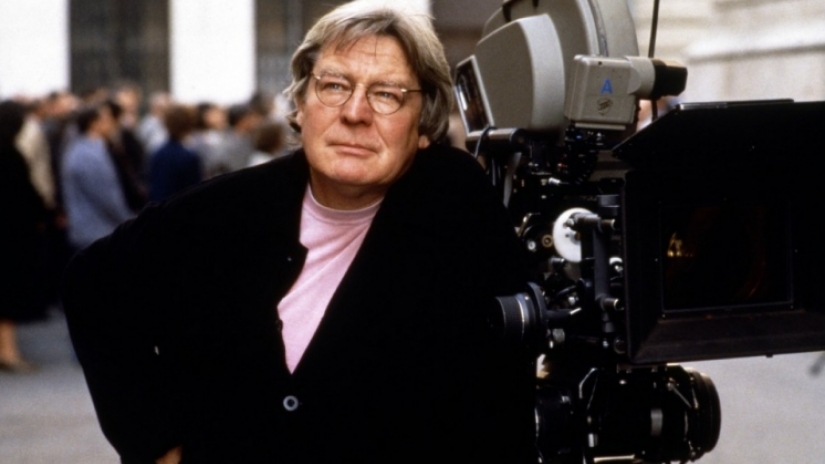
To make a feature film is a high mountain to climb, and to enjoy a critical success or cult reputation for said film is an ideal payoff for that back-breaking experience.
Yet, a handful of times after breaking through, several directors have dropped off the face of the earth. At times due to frustration, fatigue, or just plain indifference, let’s examine the reasons for those unfortunate cases…
1. Bill Forsyth
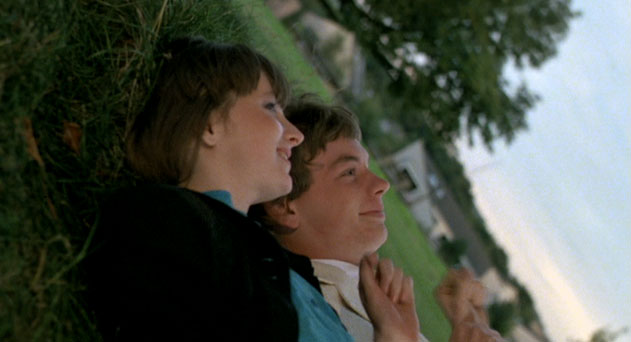
Bill Forsyth quickly drew recognition in the early 80s when he directed a duo of endearing classics – “Gregory’s Girl” (1980) and “Local Hero” (1983) – both set in small-town Scotland.
As a director, he showed a distinct voice and flavor of humorously human tales that warmed the heart without the need to lean shovel on the schmaltz. The movies’ unanimous praise quickly had him become a critical darling, and whilst his following films (“Comfort and Joy”, “Housekeeping”) weren’t as strong, they still were widely acclaimed and respected.
It wasn’t until he went stateside and attempted his same brand of creativity that things faltered. His odd, time-jumping Robin Williams vehicle “Being Human” (1994) received a brutally harsh critical beating, which seemed quite unnecessary for a spotty yet hardly awful film – the production and the aftermath were miserable experiences for the filmmaker and he toyed with retiring then and there.
Yet, one more attempt to rekindle the old magic with “Gregory’s 2 Girls” (1999), a sequel to his beloved earlier film, just didn’t click with audiences and Forsyth decided to step away from the scene outright with zero temptation to return, and that’s all she wrote, really.
It seemed odd that one of the periods most loved and praised filmmakers would vamoosh so suddenly after a brief stumble, but the man is entitled to that choice and in recent interviews he has stated that he’s content with his decision.
2. Herk Harvey
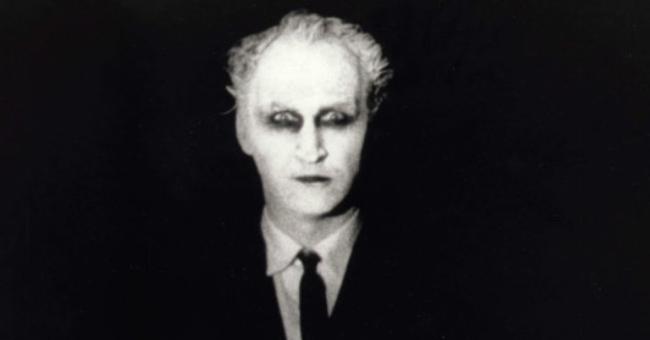
Herk Harvey was one of those rare cases that created ‘lighting-in-a-bottle’ straight from the jump with his stunning debut “Carnival of Souls” (1962), a haunting, surreal nightmare that was made on the cheap, yet was rich in creativity and atmosphere.
The film quickly dropped into obscurity when released, marketed as a cheap scare flick. Yet, over the years, it’s gained a stellar critical reputation and cult following, even going on to be major influences on iconic directors George A. Romero and David Lynch; however, Harvey remained an absent figure in industry.
Truth be told, it wasn’t by his own admission – the film’s great reputation took a long time to gain traction and prevented Harvey from getting another film up and running afterwards. Though he was a veteran stage director and profitable industrial commercials director, “Souls” was a taxing passion project that Harvey fought tooth and nail to get made with its micro-budget, yet with zero financial return, Harvey retreated back to his commercial work for a living.
The lack of immediate critical recognition also sabotaged Harvey getting a follow-up off the ground, although not without a lack of trying – he attempted everything from a slapstick comedy to thoughtful sci-fi, yet none were completed.
In the late 80s, “Souls” began to gain retrospective acclaim and Harvey got to enjoy it before his passing of cancer in 1996, yet it remains his only cinematic effort as director.
3. Gilles Mimouni
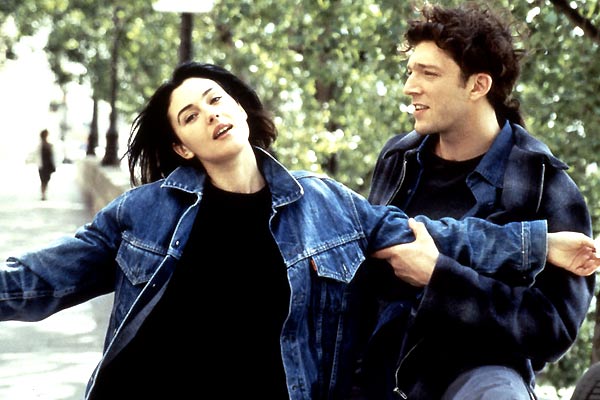
French filmmaker Gilles Mimouni burst onto the international scene with “The Apartment” (1996), a hypnotic, mesmerizing Hitchcock homage, full of raw emotional grief yet directed with masterful precision.
It starred European power couple Vincent Cassel and Monica Bellucci and drew unanimous commercial and critical acclaim, which placed Mimouni amongst several other emerging and talented directors (Mathieu Kassovitz, Jan Kounen, Gaspar Noe) coming from the French film industry in the mid-90s.
Yet unlike Mimouni’s contemporaries who went on to have interesting (if spotty) careers, he instead completely dropped off the map. No blatant reason was ever really given about his motivations for leaving the movie scene – pressure of a follow-up? Disdain for the industry? Bumped his head and lost his surefire talent? It was a perplexing move on his behalf, but aside from a mediocre TV movie in 2011, “The Apartment” is his sole feature directing credit, and at least a mighty fine legacy to leave behind.
4. Allison Anders
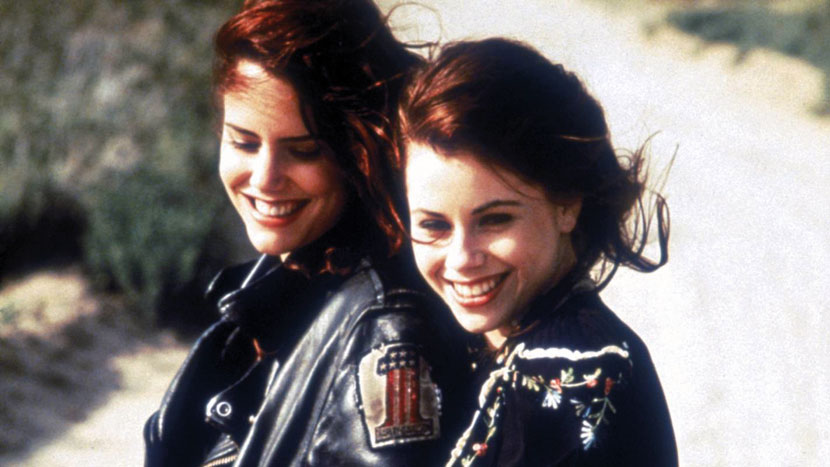
When 90’s cinema exploded with dynamic indie movies, numerous directors careers jump-started overnight – Quentin Tarantino, Robert Rodriguez, Steven Soderbergh – yet, as usual with the industry, the female voices were few and far between.
New Zealander Jane Campion (“The Piano”, “Sweetie”) was likely the most prolific of the era, but over in the states, Allison Anders enjoyed the top spot, with a series of films growing from strength to strength (“Border Radio”, “Mi Vida Loca”, “Gas Food Lodging”). Her films were heart-wrenching yet romantic stories inspired by some of the chaos of her upbringing, and she was a distinct and exciting voice that stood out in a time when Hollywood was overflowing with talented up-and-comers.
She even enjoyed an honorary spot with fellow indie superstars on the anthology experiment “Four Rooms” (1995). However, the reception to that film was disastrous; her segment “The Missing Ingredient” was no doubt the nadir of the flawed film. It still didn’t keep her down as she recovered with excellently made love letter to 60’s pop “Grace of My Heart” (1996), produced by Martin Scorsese.
Yet after that, things really slowed down, with projects becoming less prominent or important. She has hardly disappeared completely – like most indie directors that didn’t breakthrough commercially, she’s been regulated to as a TV director for hire – yet, it doesn’t make it any less east, since one of the most exceptional voices of the 90s seems to be lost in the crowd. Perhaps like, Todd Haynes or Soderbergh, she can move away from hired jobs and land an auteur project on the small screen soon.
5. Michael Reeves
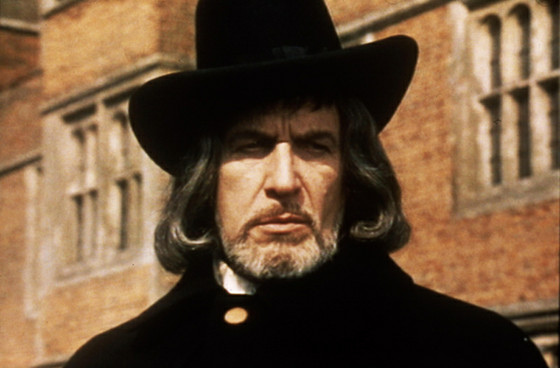
Michael Reeves’ story as a filmmaker is a fascinating tale tinged with tragedy – he didn’t so much disappear as was taken too soon.
Growing up in Surrey, England at a strict boarding school, Reeves was determined to become a Hollywood director no matter what the cost. After graduation, the young Brit showed up on the doorstep of macho director Don Siegel (“Dirty Harry”, “The Beguiled”) with nothing but enthusiastic ambition. Siegel was impressed by the kid’s moxie and took him on as an assistant.
Reeves quickly moved up the ladder as assistant director on several features (“The Long Ships”, “Castle of the Living Dead”) before finally graduating to features with the hokey but fun “She Beast” (1966) and the uniformly stronger “The Sorcerers” (1967).
Yet his no-contest peak was “Witchfinder General” (1968), a blunt-force journey into the nastiness of a completely disjointed era; it’s blatantly a horror film due to its horrific nature and not necessarily its genre trappings. Reeves achieved something very special with his film – a refreshingly dangerous movie compared to its campy AIP brethren.
Vincent Price reeled it in and delivered a subtle and frightening performance as the lead witch-hunter, a compromise due to constant conflict with Reeves (although they buried the hatchet after filming). It initialled failed on its release, due to it’s unrelenting, ugly nature and truncated final edit, but has enjoyed a rediscovered assessment over the years.
Yet, sadly it was too late – Reeves career didn’t immediately slow down, he was involved with several other projects (including collaborations with Price on “The Oblong Box” and the enticing bio “De Sade”) but due to an accidental barbiturate overdose, he passed away at the tender age of just 25 years old.
It’s a grand shame that such a talented filmmaker who was just beginning to hit his stride could be snatched away so soon, but such is the case with his impressive but short legacy left behind.